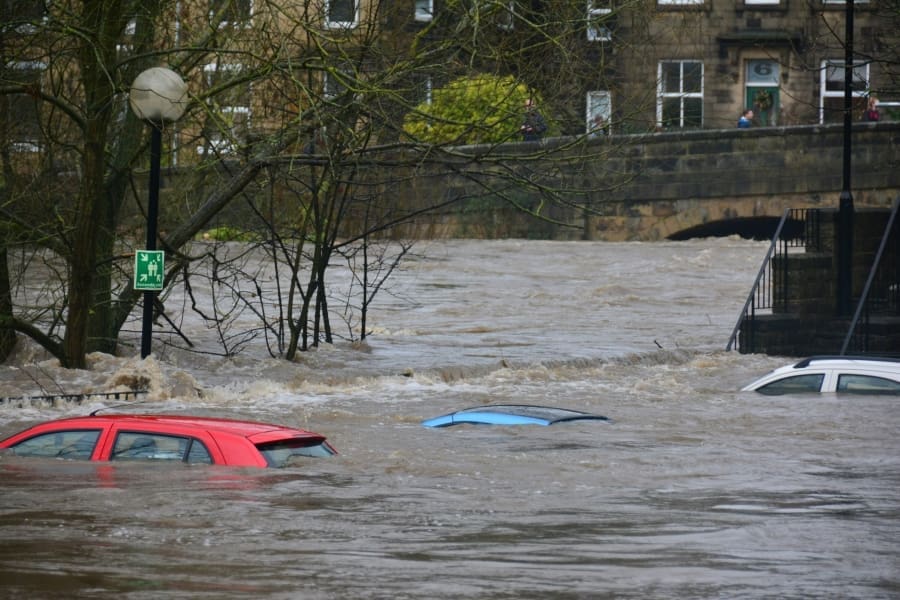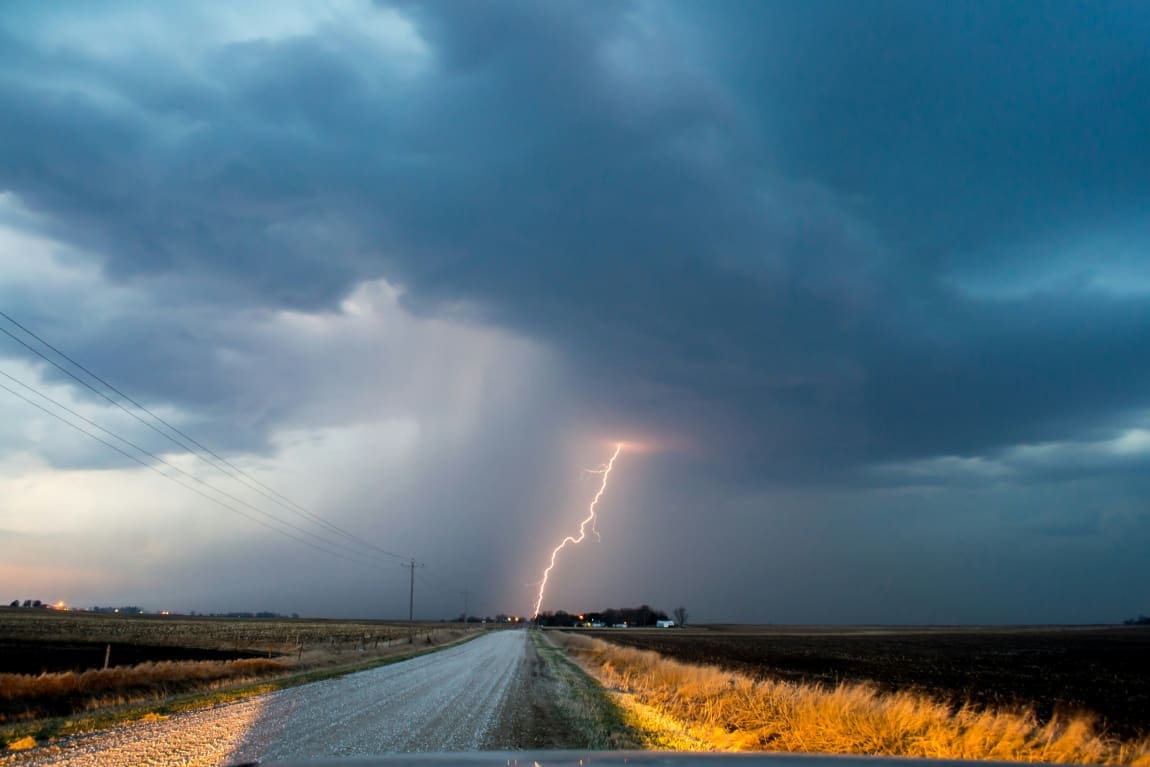By Will de Freitas | The Conversation
When climate change leads the news, it’s often down to a hurricane, heatwave or flood. And, judging by our most widely read environment stories over the past decade, extreme weather really is one of the main ways the public (or at least our readers) learns about climate breakdown.
The movie Twisters is released this week, a remake of the 1996 film with an added “s”. Simon Dickinson of the University of Plymouth says the fact Hollywood commissioned a remake is further evidence that “people are fascinated by extreme weather and the devastation it can cause”.
Dickinson explains there is a deep underlying psychology behind this, beyond people simply wanting to see stuff crash and burn. For him, people are interested in extreme weather and watch movies and videos of hurricanes, tornadoes and so on, “because they connect us to people, places and ideas. Sometimes, this is about being able to visualise concepts we’ve heard about but never seen with our own eyes.”
He recently conducted a study examining why people were watching live footage of hurricanes and storms on YouTube: “I found people wanting to see things they’d repeatedly heard reference to, such as the eye of the storm or the exact moment a hurricane made landfall. In one discussion in the comments, people wanted the wind to stop because they were only there to see if they could witness an ‘eye’. For these people, videos of extreme moments helped connect what they’ve been told with what they could see (even if only through a screen).“
Climate change is, of course, the main concept that extreme weather helps people visualise. None of us can “see” 1°C of warming, but we can all watch small islands being flattened or homes being flooded.
In the big picture, it’s safe to say a warmer world means more extreme weather. But that “does not mean all extreme weather events are being made stronger or more frequent”, says Friederike Otto, a climate scientist and co-founder of the World Weather Attribution project, which investigates to what extent climate change has influenced particular episodes of extreme weather. In 2020, she described how scientists were increasingly able to provide climate–weather attribution within the news cycle.
These “rapid attribution studies” are important, she writes, “as they provide scientific evidence while the event is still in the news and everyone is still paying attention – not months later after the academic peer-review process. To help address [controversy over the lack of peer-review], rapid attribution studies use peer-reviewed methods, make data publicly available, and regularly submit to peer-review journals after the fact.”
All this means we can state the links between a given hurricane or heatwave and climate change with more certainty than ever. So are these extreme weather “events” a useful moment to talk about climate change?

Joshua Ettinger, a climate communication expert at the University of Oxford, researches how extreme weather can reduce the “psychological distance” associated with climate change. “While climate change can feel abstract and vague,” he writes, “extreme weather is something people can experience firsthand.”
People won’t necessarily draw a link between the two, however. Ettinger says that research offers “contrasting results”: “Some studies have found that extreme weather events lead to an increased belief that human-driven climate change is occurring and greater support for climate action. Others find no effects or suggest that these effects are only temporary.”
But you can make a difference, says Ettinger. He points out that simply talking about climate change is a good way to inspire climate action, and that extreme weather – whether seen on TV or experienced first-hand – provides a useful conversation starter. “We can use these moments as opportunities to engage our families, friends and communities in discussions about how climate change may relate to these events, and what we can do about it.”
He notes a few guidelines for these discussions. When talking to someone about a hurricane, heatwave or flood, “affirm the validity of their emotional response – whether they are afraid, angry, hopeful or worried. There is no one right way to feel about climate change, so listen to what they have to say and then share your own perspective too.”
You might be accused of “politicising” the weather. Ettinger suggests how you can (respectfully) push back against this claim: “This argument is a discourse of climate delay [which tries] to shut down climate discussions and cast doubt on the need to act very quickly. These arguments disingenuously assert that acting on climate is too expensive, too late, or that someone else should take care of it – and they are becoming increasingly common. If we shouldn’t discuss climate change when extreme weather occurs, then when is the right time? … If talking about climate change politicises the weather, so be it.”
Outside of work, I try not to rant about climate change too much, and instead gently guide things in that direction. Perhaps you do something similar. These are tough but worthwhile conversations.
Dickinson, writing about Twisters, says the big challenge for scientists is to “harness this fascination in a way that stimulates knowledge and behavioural change beyond the small window of the event itself”. Hopefully, this newsletter has helped in that regard.
This article is republished from The Conversation under a Creative Commons license. Read the original article.![]()




